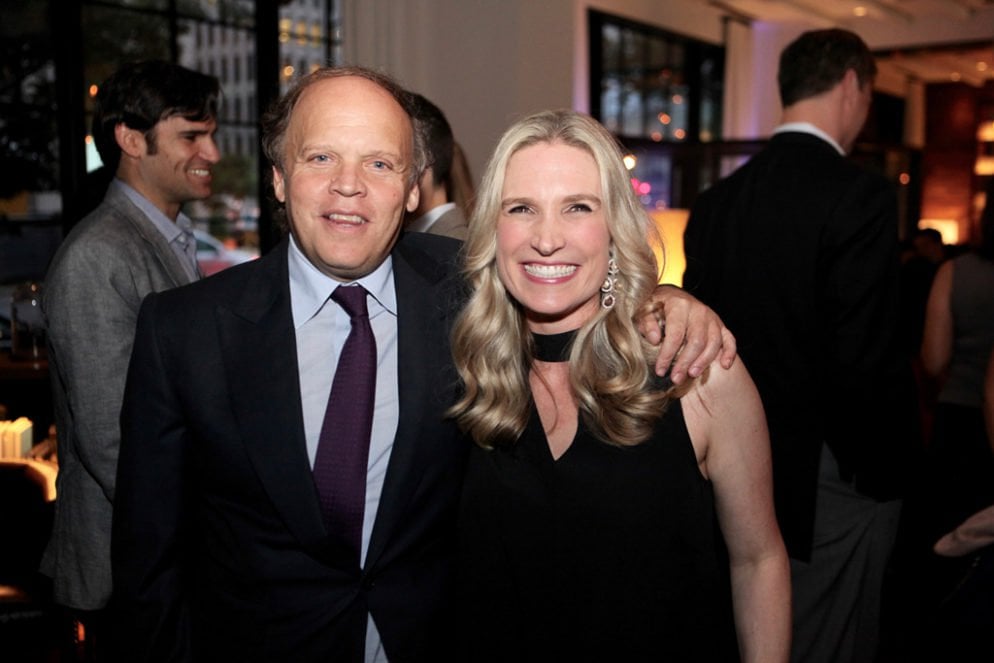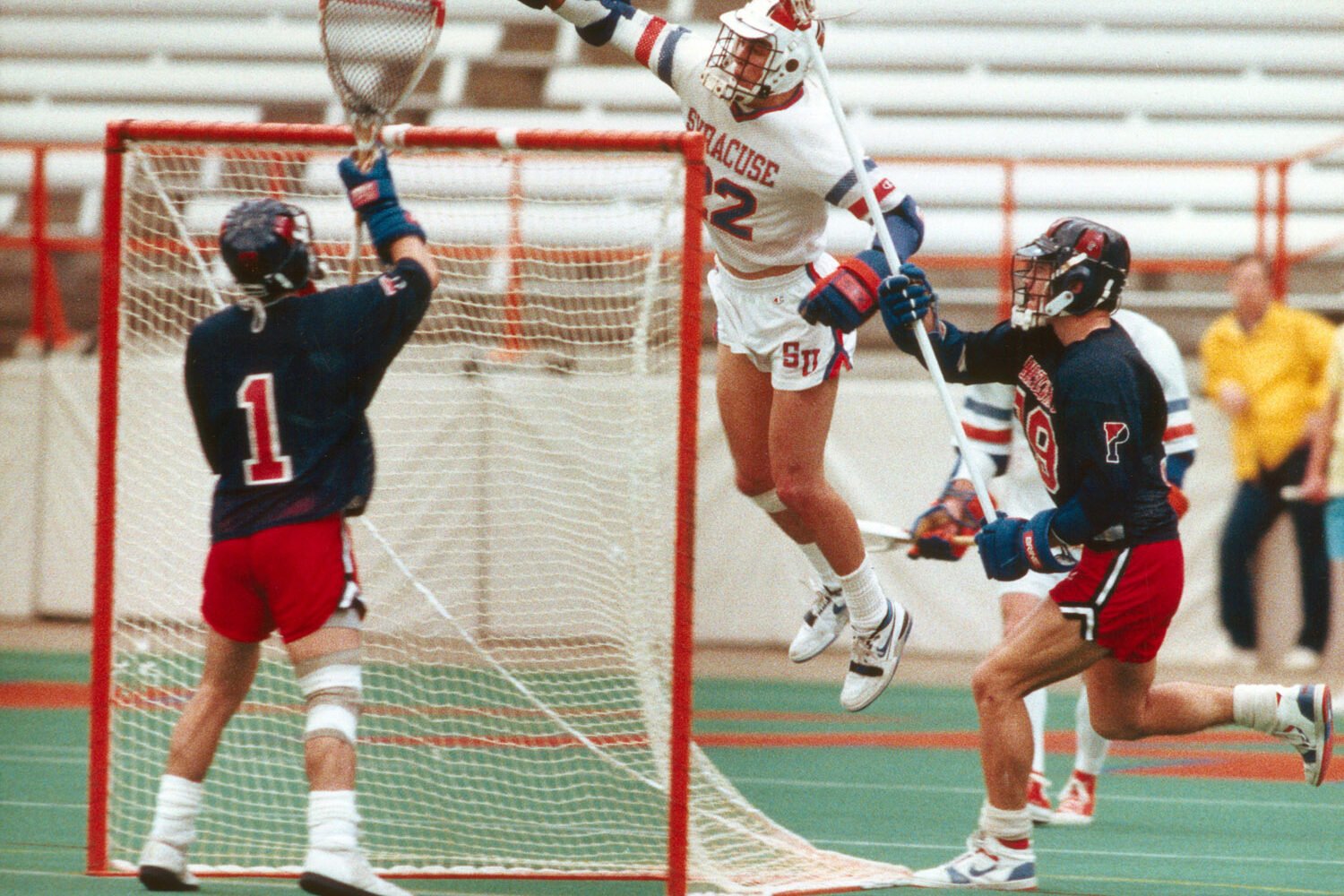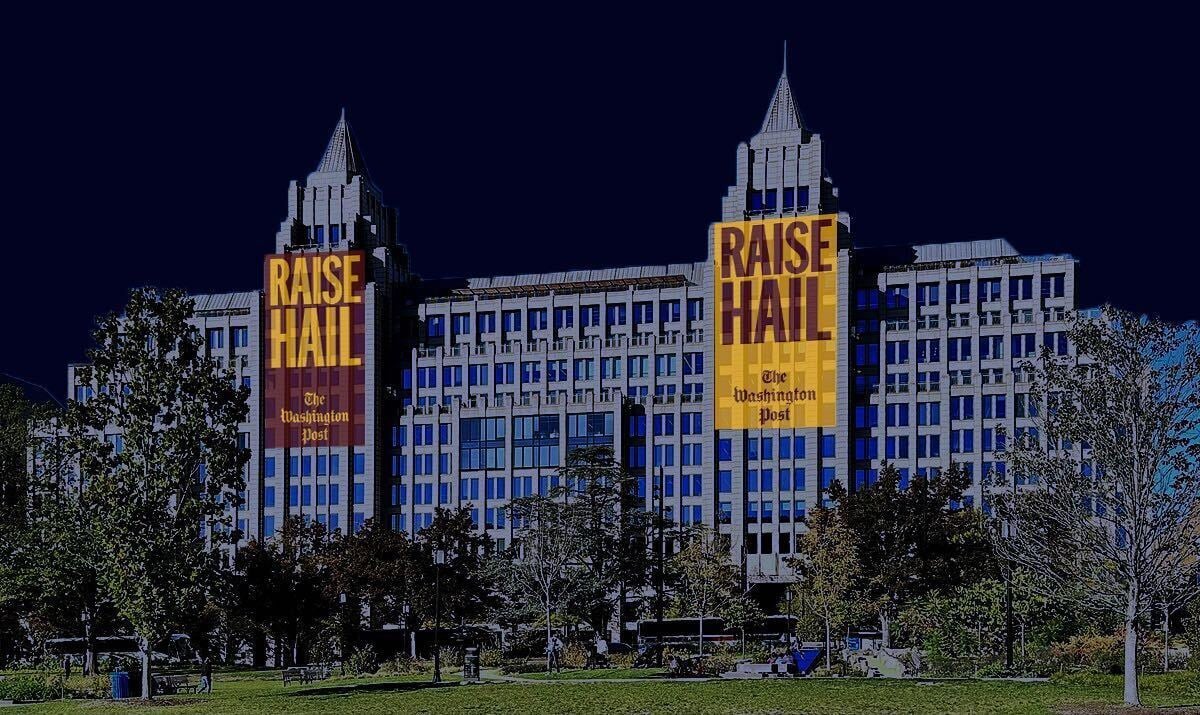Mark Ein owns the Washington Kastles, Washington City Paper, and now a DC-based Overwatch team. He’s one of a group of new owners in the Overwatch League, alongside new teams in Vancouver, Paris, and Chengdu, China.
So one obvious question: Why? For one thing, the numbers, Ein says when reached by phone. The Overwatch League drew more than 10 million viewers in its first season. Ted Leonsis, another tech-adjacent DC mogul, has made several investments in esports, including Team Liquid, an NBA 2K League team, and its Monumental Sports Network platform. “The esports industry is much bigger than most people think,” Leonsis wrote last summer, citing a potential $1 billion market and growing revenues in North America.
Ein, who says he played video games as a kid but does not now, made what he calls a “small investment” in Team Liquid behind Leonsis, but notes that the “entire sports landscape and frankly everyone ins sports is paying attention” to this sector. Indeed, Robert Kraft‘s Kraft Group owns the Boston Uprising franchise alongside the New England Patriots, the Kroenke family owns the LA Gladiators as well as the LA Rams, and the Wilpon family owns the New York Excelsior alongside the Mets.
During last season and the upcoming season, which starts in January, all the Overwatch League’s games take place in Los Angeles. But beginning in 2020, its teams (there are now 20) will compete in their home cities and travel to other cities for games. This means Ein’s DC team will be playing road games in Seoul, Shanghai, and Toronto, among other destinations. And they’ll need a venue in Washington: Ein says he’s currently looking for a 5,000- to 6,000-seat arena. Events DC, the District’s sports authority, is described as an ” anchor supporter” in a press release about Ein’s purchase, and its president, Gregory A. O’Dell, is quoted as saying “We look forward to supporting and hosting Overwatch matches and other exciting future esports events in the new Entertainment and Sports Arena in Ward 8 of DC.”
When Ein bought City Paper, he described it to me as one of his “community investments,” as opposed to his “day job, for-profit” investments. (He picked up that publication, where I used to work, for $50,000.) Asked whether this team fell under that same category, Ein laughs and describes it as a “hybrid.” “This one we believe is going to be a thriving business,” he says, but adds that he views it as a “double bottom line” concern that will contribute to DC life.
So does that mean recruiting local players? “Just like we used the Kastles to inspire kids in our community, my goal is to use this team as well to inspire kids,” Ein says. While cautioning it’s very competitive to become a professional esports player, he points with satisfaction to the fact that the Kastles now have two players who attended matches here as children, “and for me that’s the greatest thing that happened with the Kastles.”



















